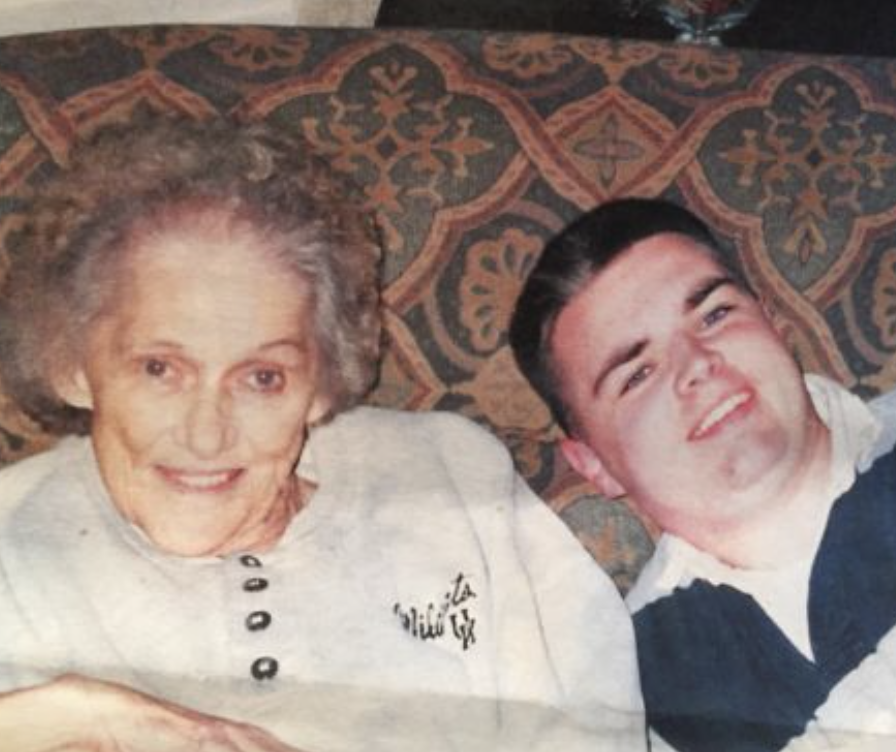It was a strange way for Oliver Anthony to mark the anniversary of the YouTube video that turned him into a country music roots phenomenon.
"Rich Men North of Richmond" launched on August 8, 2023. When that date rolled around a year later, Hurricane Debby was sweeping through Virginia. The creeks were rising as Anthony headed into the woods with his dogs and his smartphone to record another emotional mini sermon to his fans.
"By the Lord's will, you guys have really, truly changed my life forever," he said, the rain dripping from his red hair and beard. "If I deleted all of my social-media accounts and I just wrote songs and uploaded them, and I hid out here in the woods for the rest of my life, just the interest off the money that I've made already would at least buy my groceries and keep my family comfortable. …
"That was the only financial goal that I had. … To just have my land and a house and a roof that doesn't leak and I place that I can grow a garden and raise a few cows and sheep and be alive and try to live my life the way that my grandparents lived their lives."
The blunt bottom line: "I despise this world, and I despise the way this world is headed."
Anthony's pivotal YouTube video has been viewed 160 million times, not counting the many online copies and commentaries. Thus, the singer-songwriter has heard audiences around the world shout the sobering "Rich Men North of Richmond" chorus: "It's a damn shame what the world's gotten to / For people like me and people like you / Wish I could just wake up and it not be true / But it is, oh, it is / Livin' in the new world / With an old soul."
In the midst of the craziness, he sought out the acoustics in an old church in Savannah, Georgia, to record "Hymnal of a Troubled Man's Mind." This independently released album opened with Anthony reading from Ecclesiastes, chapter 5: "Whoever loves money never has enough. Whoever loves wealth is never satisfied with their income. This too is meaningless. Everyone comes naked from their mother's womb. And as everyone comes, so they depart."
Anthony offered a familiar "mix of blue-collar, Christian imagery," noted Melanie Davis, in an American Songwriter essay. "A native to Appalachia, where 'diseases of despair,' like drug overdose, suicide, and alcoholic liver disease are higher than anywhere else in the country, Anthony's voice rang true for a large sect of the working class. …






